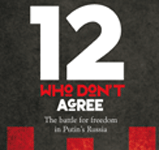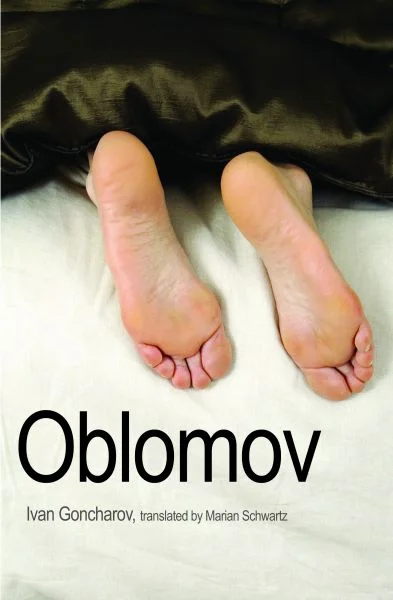It is the summer of 1945. Germany has been defeated, Hitler has disappeared, and tensions are mounting ever higher along the Russian-Chinese border…where the threat of Japanese invasion haunts.
For Petka, no life could be more thrilling and glorious than marching into battle alongside the Red Army. But he is only twelve, the bastard child of a fractured family, trapped in a village too tiny for his bursting spirit. So he must make his own adventure wherever he can find it. And if that means passing off a wolf cub as a puppy under the nose of his ferocious grandma, stealing bootleg alcohol for the bivouacked troops he worships, smuggling himself in a barrel across the border and into the line of fire, fighting for his life when his own aimless peers turn inexplicably vicious, or befriending an enigmatic Japanese POW who transcends Petka’s provincial world, then so be it.
Read More


















